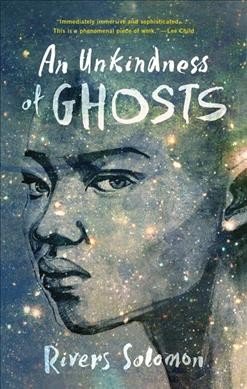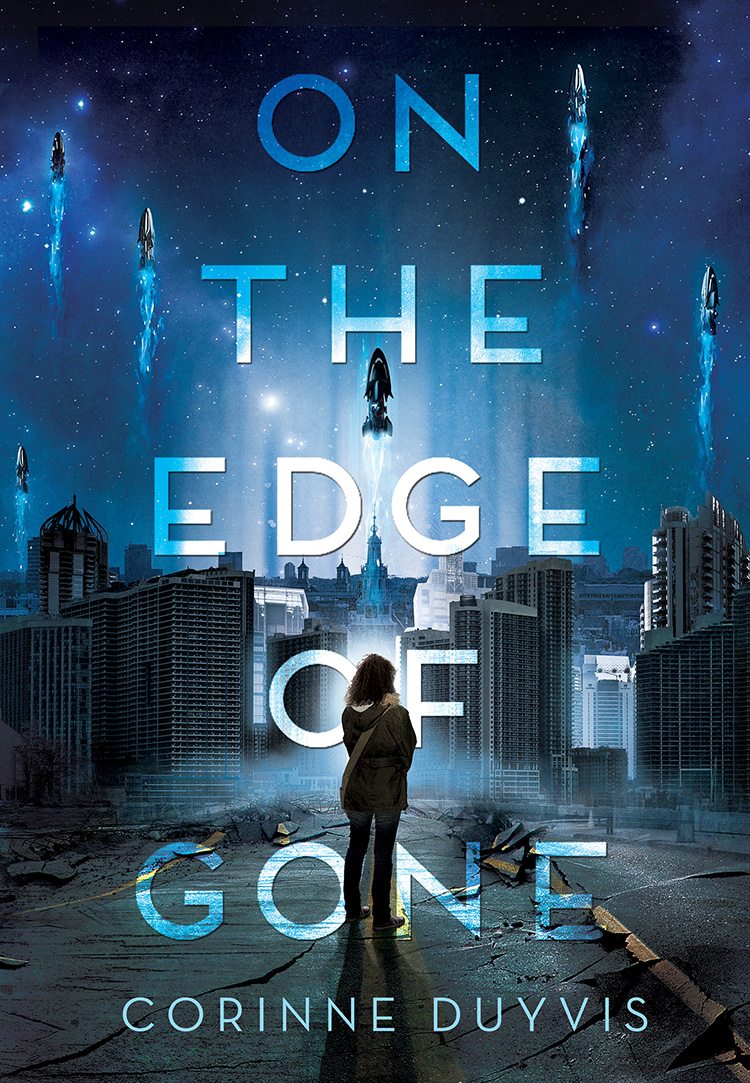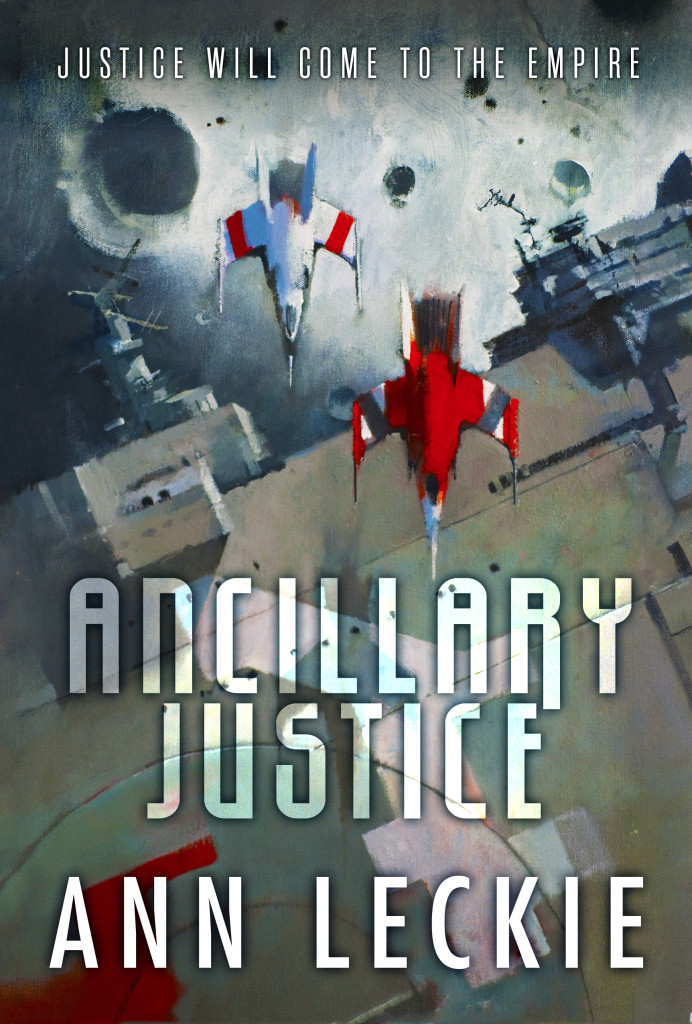Some of the books that leave the biggest impression on me are those that capture a protagonist’s sense of isolation. Heroism, doing the right thing, is almost always a lonely undertaking. The idea of a fellowship is romantic and comforting, but in truth, many heroes stand alone, both literally or figuratively.
For this reason, I find some of the most compelling heroes are the ones who are in some way alien or removed, unable to relate to or understand those around them, but still willing to face overwhelming obstacles with or without support.
Here are a few examples of books that scratch this particular narrative itch for me:

Featuring an intersex (using she/her pronouns) and starkly neuroatypical protagonist, this novel by Rivers Solomon is a bleak tale of a generation ship with dark secrets and a punishing social hierarchy. There is little moralizing in the story, its spine is the protagonist Aster’s dogged determination to find answers despite the scarcity and unreliability of her allies. Aster barely understands and is barely understood by those around her, but her own internal compass leads her eventually to the truth in this haunting, disturbing, and ultimately satisfying story.

Written by Ukrainian couple Marina and Sergey Dyachenko and recently translated into English by Julia Meitov Hersey, this is a book about a young woman who starts as just another high school senior, but who has a brush with the otherworldly that slowly turns her into something utterly incompatible with her own family and former life. It would be oversimplifying to call this story a fantastic metaphor for the terrifying process of coming of age; it’s much more ambitious, intellectual, and at times deviously “meta” and self-aware than that. Like Sasha’s own journey, the story begins simply, almost banally, but then spirals into chaos, slowly rearranging itself into something staggeringly vast.

This novel by Emma Newman combines two of my favorite tropes—planetary colonization and religious cults. Better yet, Newman tells the story through the eyes of a woman with a psychological fault line so well hidden that even the reader has no idea until halfway through the novel. The story continues in After Atlas, meaning that this book ends on rather a dark and inconclusive note ironically rife with religious symbolism. But even taken on its own, it’s a powerful story of human redemption, power dynamics, and the price of secrets.

Corinne Duyvis—autistic author of this page-turner of a novel about a teenager with autism struggling to earn a place on an already-full generation ship—literally invented #ownvoices. Denise, the protagonist of the novel, is fighting not only for herself but for her mother and sister, who will be stranded on a doomed planet if they’re not allowed to board the ship. The stakes literally couldn’t be higher, and the task would be daunting for any teenager, even without a neurological variance that at times seriously impedes her ability to communicate with the people who hold her fate in their hands. The story explores, among other ideas, the question of who “deserves” to survive when not everyone can be saved.

Ann Leckie’s gender-blind space opera Ancillary Justice and its sequels have been talked about and read a great deal, but I bring them up again here because there’s an aspect to these books that I find particularly and personally intriguing. While the main character Breq is (spoiler alert) a fragment of an AI that was once embodied in multitudes of separate bodies, her experience is a profound metaphor for some very human psychological conditions, including BPD. It’s worth a re-read just to examine her through this filter.
Accustomed to being able to view the physical or emotional pain of one of her bodies as just one of many varying inputs, she finds the emotions of a single body overwhelming and intrusive in a way that is for her, at certain points in the story, suffocating and debilitating. This mirrors the experience of BPD—where emotions that for most people would be one signal amid other noise become something that instead fill the entire mind, inescapable. Neurotypical people have other places they can “shift” their awareness or focus when their emotions become intense, as Breq once moved her awareness between different bodies. Those with BPD often feel caught and completely immersed in an emotion: it becomes their entire existence for its duration.
Breq, of course, does not truly count as human at all. Her feeling of belonging to a separate species from others is not simply “all in her head,” but her struggles so closely resemble certain human conditions that it makes her easy to relate to, even if she has trouble relating to others. We see this in the way other characters interact with her.
In fact, that is a common theme in all the books in this list, and perhaps the reason they all stayed with me: the message that even if we don’t feel understood, there are always people around us who do care about us—people who either understand us better than we think they do, or who are willing to love even those people they can never fully understand.
Mishell Baker is a 2009 graduate of the Clarion Fantasy & Science Fiction Writers’ Workshop. Her short fiction has appeared in Beneath Ceaseless Skies, Daily Science Fiction, Redstone Science Fiction, and Electric Velocipede. Her urban fantasy series The Arcadia Project, released by Simon & Schuster’s Saga imprint, includes Borderline, Phantom Pains, and Impostor Syndrome. The series is narrated by Millicent Roper, a snarky double-amputee and suicide survivor who works with a ragtag collection of society’s least-wanted, keeping the world safe from the chaotic whims of supernatural beasties. When Mishell isn’t convention-hopping or going on wild research adventures, she lives in Los Angeles with her co-parent and two changelings.
For more information about Mishell, please visit her website or her Twitter.







Connect with the Sirens community
Sign up for the Sirens newsletter